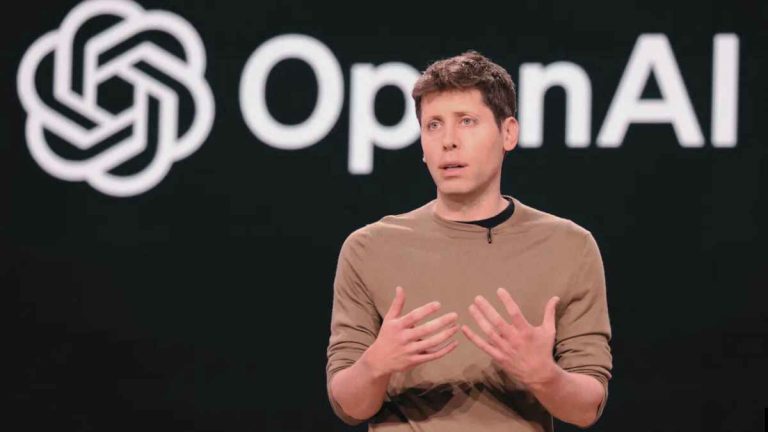Sam Altman, CEO of OpenAI, has expressed concerns that European Union (EU) regulations could limit the region’s access to artificial intelligence (AI) technologies. Speaking at an event at the Technical University of Berlin on February 7, Altman discussed how the EU’s regulatory framework could potentially slow the development and deployment of AI advancements in the region.
Altman explained that while OpenAI would love to build a European counterpart to its recently announced AI infrastructure project, Stargate, its ability to do so largely depends on the EU’s regulatory stance. He emphasized the company’s desire to deploy its products in Europe at the same speed as in other global markets, stating, “We want to be able to deploy our products in Europe as quickly as we do in the rest of the world.”
However, Altman highlighted that the future of AI in Europe will depend on how the European people and lawmakers decide to set rules for the technology. He acknowledged that OpenAI is committed to complying with the EU’s new AI Act, which includes guidelines concerning transparency and the potential risks of AI models.
Altman also reiterated that India is currently OpenAI’s most important international market, while Germany ranks as the company’s fifth-largest market. Despite the regulatory challenges, OpenAI remains optimistic about expanding its presence in Europe, particularly with the recent introduction of data residency options for its products.
In a move to comply with European data sovereignty requirements, OpenAI announced on February 5 that it had introduced data residency in Europe for three of its key products: ChatGPT Enterprise, ChatGPT Edu, and the API Platform. This development aims to help organizations meet local data privacy standards while maintaining the highest levels of security and compliance.
The AI Act, which was introduced by the European Commission, places restrictions on certain AI uses, such as prohibiting the scraping of the internet to create facial recognition databases. These provisions went into effect on February 2, 2025, and European regulators are preparing further guidance on how these regulations will be enforced.
Earlier in the year, it was reported that European CEOs had called for a similar AI infrastructure initiative to the one launched by the United States. This follows President Donald Trump’s announcement of Stargate, an ambitious AI infrastructure project, which spurred conversations about Europe’s need for a comparable initiative to remain competitive in the global AI race.
SAP CEO Christian Klein has also weighed in, urging European lawmakers and businesses to implement AI strategies that will boost the competitiveness of industries across the continent. The debate about AI regulation is set to shape the future of the technology in Europe, and it remains to be seen how these discussions will unfold in the coming months.


